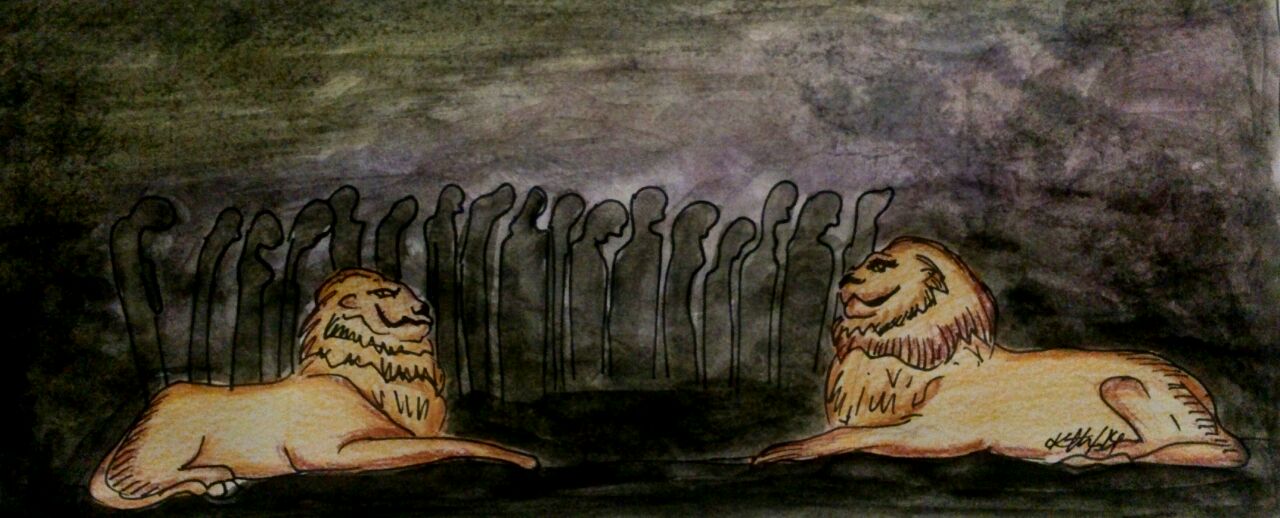In less than a month’s time, Sri Lanka will choose a president. In the south of the island the poll is one of the most anticipated in the country’s recent history, with the common opposition candidate Maithripala Sirisena, and his extensive coalition, encompassing the right to the left of Sinhala politicos, widely seen to be a serious challenger to incumbent President Mahinda Rajapaksa. Maithripala’s defection from the SLFP led government, and pledge to abolish the executive presidency and tackle corruption, is being seen by many in the South as an opportunity to effect change on the island and to end Rajapaksa’s reign, which has been characterised by corruption, repression of freedom of expression, nepotism, and an autocratic, despotic leadership style.
For Tamils, Rajapaksa’s time in power has seen the massacre of tens of thousands, incarceration in military-run camps, ongoing militarisation, state-sponsored Sinhala colonisation and the lack of a foreseeable political solution with meaningful autonomy. Indeed the suffering of the Tamil people has been so great, that it has led many observers, and even some within the TNA leadership to state that anyone but Rajapaksa would be better. Whilst understandable, this assertion, as we have previously stated, is unfortunately without foundation. The common opposition has, since the outset of the election campaign, not only failed to address the key Tamil concerns of accountability and justice, political solution to the ethnic conflict and demilitarisation of the North-East, but has actively sought to allay Sinhala nationalist fears of the opposition being ‘pro-Tamil’, by matching Rajapaksa on issues relating to the Tamils.
In his manifesto, Maithripala exalts Rajapaksa’s war effort and pledges to protect all Sri Lankans who fought against the LTTE, including the Rajapaksas and his coalition partner Sarath Fonseka, from facing justice through international mechanisms. He states that the international scrutiny of Sri Lanka is a failure of Rajapaksa’s foreign policy and promises to rectify this by showcasing Buddhism to the world. Meanwhile, the need for a political solution, involving meaningful devolution of power, is not even alluded to. Instead, he pledges to defend the sovereignty of Sri Lanka in any potential constitutional amendments.
It is precisely because Maithripala is a clear Sinhala-Buddhist nationalist, who served Rajapaksa for nearly a decade, that he is able to tempt crossovers and thereby present himself as a viable alternative to the Sinhala electorate. The election is founded on safeguarding the Sinhala nation. The only meaning of the Tamil vote within this ethnocracy is to be the kiss of death to either contender, as the Tamil National Alliance’s (TNA) public endorsement of Fonseka proved to be in the last election. Indeed both candidates are distancing themselves from the core Tamil concerns in an effort to outbid each other in their nationalist credentials. Whilst Maithripala may provide relief to the Sinhala people from Rajapaksa’s nepotism and excesses of authoritarian rule, to the Tamils he himself has promised to be more of the same as Rajapaksa.
It is within this context of the opposition’s unapologetic defense of the military’s conduct during the armed conflict, which left tens of thousands of Tamils dead, and its publicly stated intent to prevent justice, meaningful devolution and demilitarisation of the North-East, that the TNA leadership’s decision in a secret meeting to endorse Maithripala, albeit privately for now, for fear of harming the opposition’s campaign, is disappointing, and deeply questionable. Maithripala stands against the core principles of the TNA, which has won its popular Tamil mandate by pledging to take forward the key Tamil concerns of self-determination and justice through an international investigation. As such, TNA endorsement of Maithripala - privately or publicly - is an untenable position to hold - naive at best, duplicitous at worst. As the candidates’ electioneering makes clear, any hope placed on backroom promises are meaningless. An election won on Sinhala nationalism will not transform into a government sympathetic to Tamil concerns; its electorate will not stand for it.
The choice between two Sinhala nationalists with an unashamed disregard of Tamil concerns, is nothing new to the Tamil people. Presidential elections after 1982 have always seen less than 50% turnout in the North-East. In 2010, the voter turnout in the North-East, despite the TNA’s endorsement of Fonseka, was only 13% higher than the 36% voter turnout reached in 2005, the year the LTTE called for a boycott. Across the island, the North-East was significantly lower - at only 25% in Jaffna - than the South, where the most apathetic district still managed a 77% turnout. In stark comparison is the over 70% turnout at last year’s Northern Provincial Council election, which was used by Tamils as a platform to illustrate to the international community their continued desire for liberation from state oppression. The election next month, only reiterates what the Tamil voters have long known - justice, political solution and an end to oppression will not arise from within the island’s Sinhala ethnocracy. It is only through international mechanisms, as the UN inquiry into mass atrocities illustrates, that the Tamil people’s legitimate concerns can hope to be addressed.
 |
|
Illustration Keera Ratnam
|
